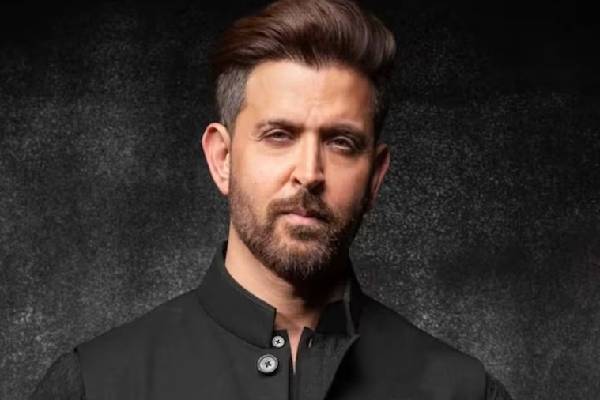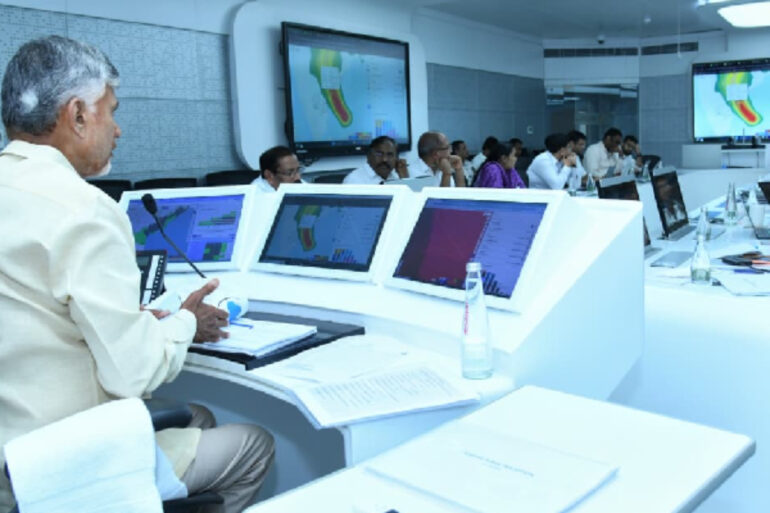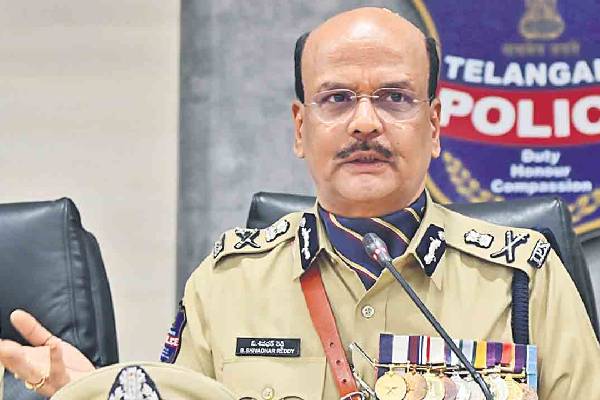Great leadership is put to the test when a crisis is unavoidable. The promptness and decisiveness of an excellent government’s actions before, during, and following a tragedy are what set it apart from great governance. In Andhra Pradesh, that calm, calculated leadership has a familiar face, N. Chandrababu Naidu. The state apparatus is already in full operational gear as the coastal belt prepares for Cyclone Montha. The Chief Minister has been working tirelessly since the first alerts were issued to coordinate departments, examine backup plans, and make sure that assistance reaches even the most vulnerable before the first winds hit.
Experience That Translates Into Action
Crisis management is not learned overnight. It comes from years of experience, a deep understanding of administrative systems, and a sense of responsibility towards people. Chandrababu Naidu has faced some of the most severe natural calamities in Andhra Pradesh’s history, from the 1996 floods to the devastating Hudhud cyclone of 2014.
During Hudhud, Visakhapatnam turned into a battlefield against nature. Communication lines were down, infrastructure was destroyed, and panic gripped the region. Within hours, Naidu transformed chaos into coordination. He personally monitored restoration efforts, mobilised national agencies, and ensured that mobile networks and power supply were restored faster than anyone thought possible. That episode became a textbook example of effective disaster leadership.
Why Does It Always Happen During His Term?
It almost feels ironic that every time a major cyclone hits Andhra Pradesh, Chandrababu Naidu is at the helm. Hudhud in 2014, and now Montha in 2025, both during his tenure. But perhaps it’s not about coincidence; it’s about confidence. The people of Andhra Pradesh have seen how he turns crises into opportunities for resilience.
Storms have struck before and after his terms, but the public response, preparedness, and recovery have rarely matched the precision seen under his leadership. His ability to foresee challenges and act with discipline has become a benchmark. Whether it is deploying rescue teams in advance, ensuring shelters are stocked, or keeping citizens informed, every step reflects planning at its finest.
True leadership is not only about fixing systems but also about strengthening spirits. Naidu believes that the first step in crisis management is mental preparedness. He never lets panic overtake purpose. His approach is to inform citizens early, encourage calm, and instil confidence that the government stands with them.
People who saw his work during Hudhud recall that he wouldn’t stop until every family was safe. He remained on the ground and personally oversaw relief efforts. He reportedly slept very little during those crucial days, which compelled authorities to act more quickly and smartly. With Cyclone Montha, that same spirit is once more evident. Naidu has maintained communication with disaster management personnel ever since forecasts indicated it may make landfall close to Kakinada. The people of Andhra Pradesh are aware that they are not alone in this crisis as they brace once more. Now, the leader who gave them hope after Hudhud is prepared to protect them from Montha.



































